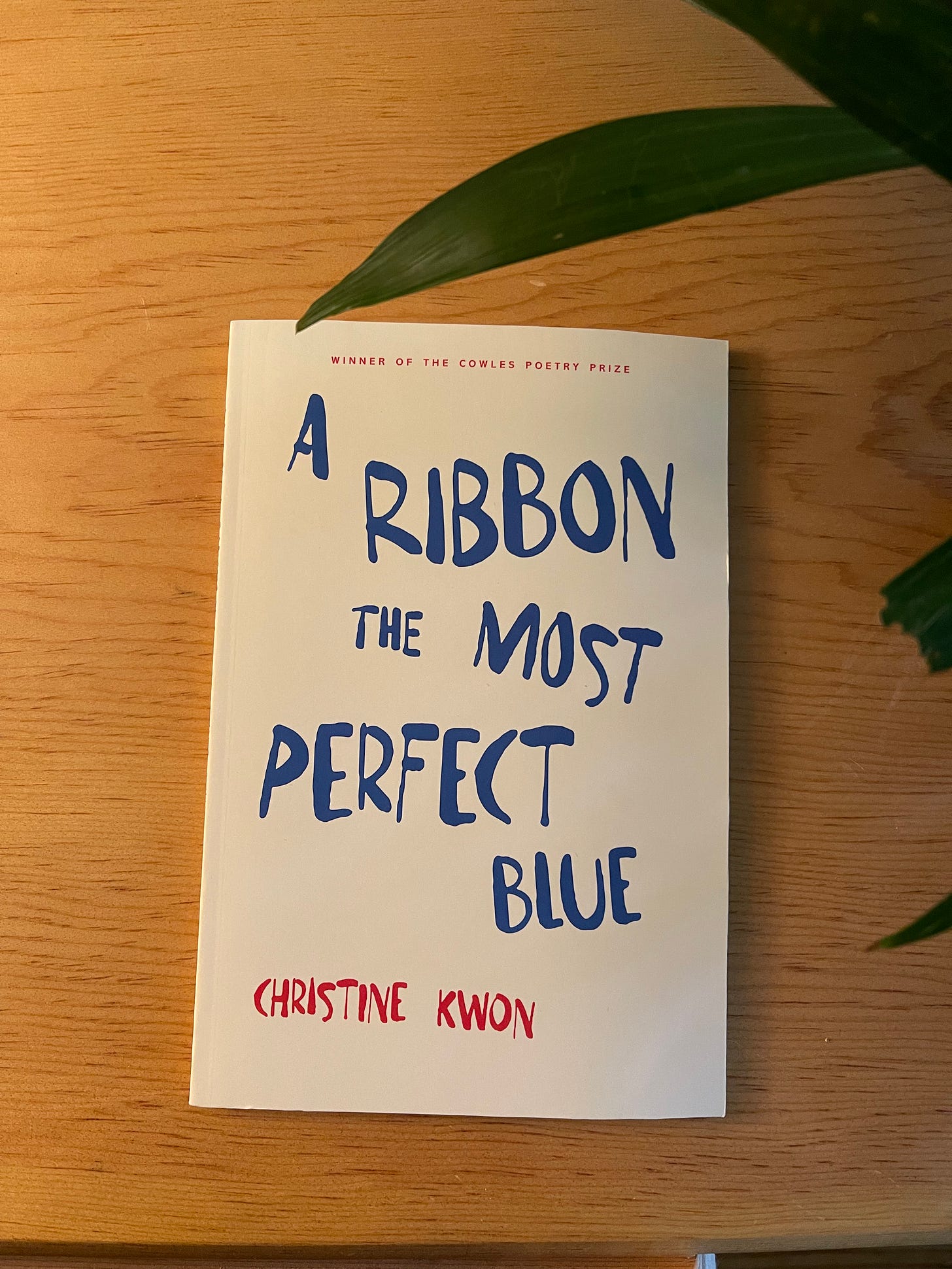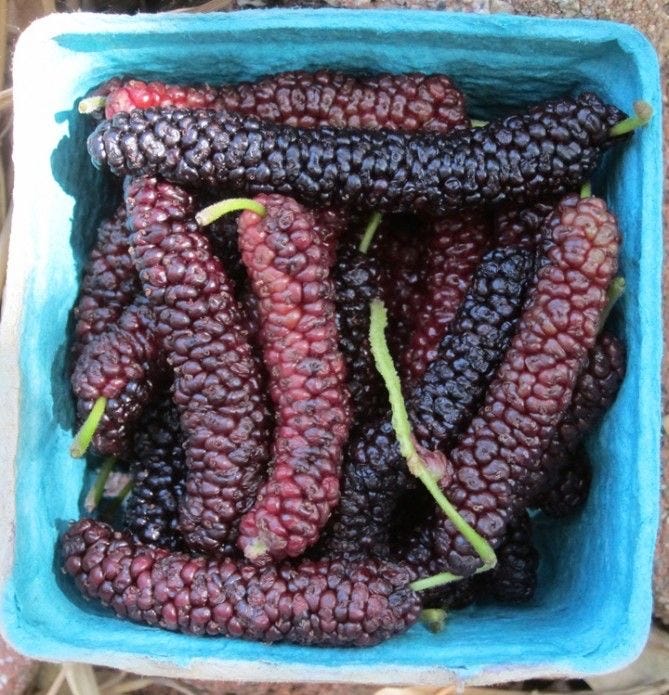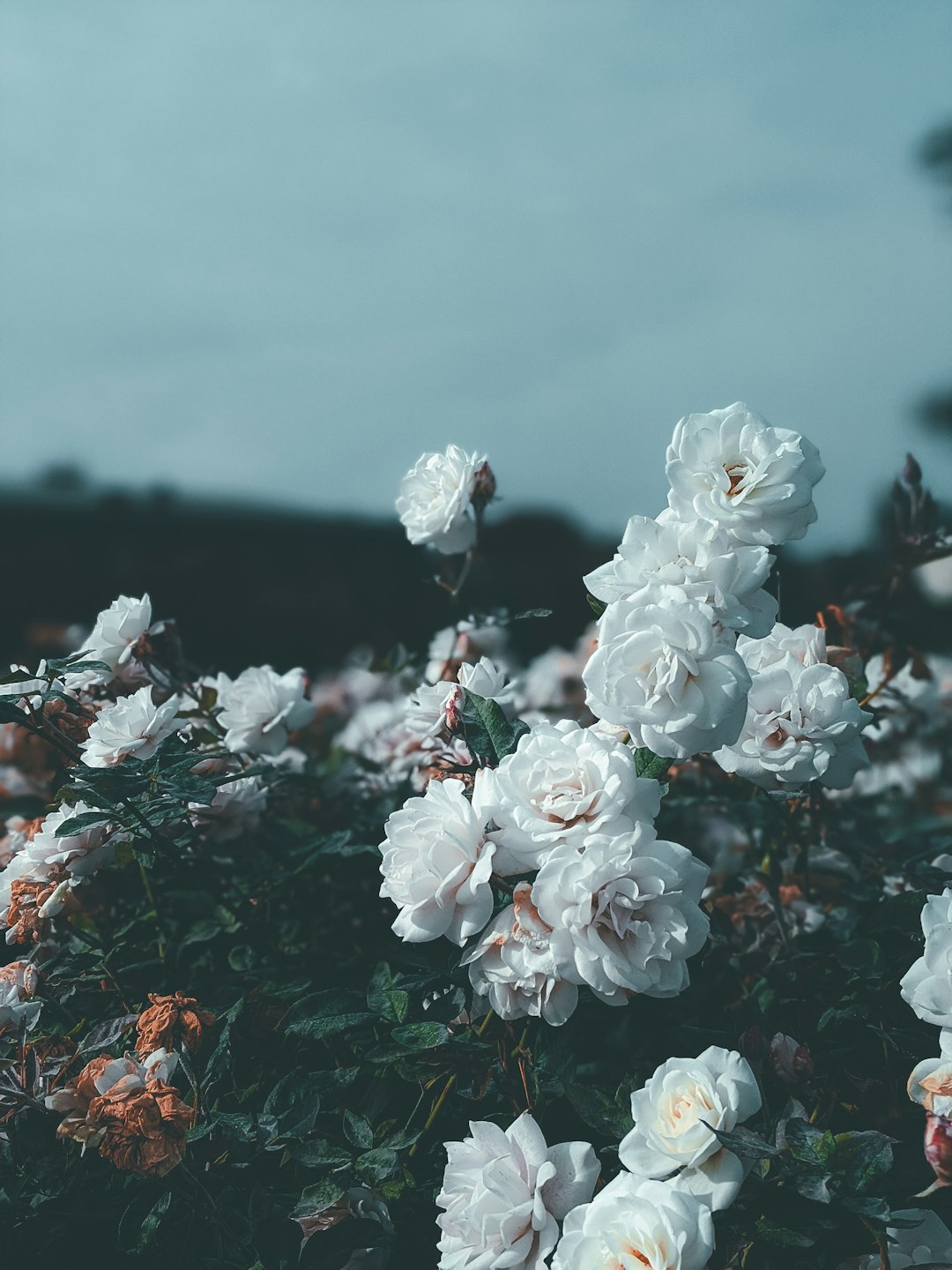the fucking chemex
I regret to say that the Chemex is pretty fucking great. This pains me, it does, because I like to live in a world where the generic Bodum pourover thing that you get at Target for $20 is just as good as the Chemex (which you get for … idk, $50, $60? I lightly black out sometimes when paying for things). But it is not just as good. The Chemex, with its fancy square filters, has allowed me to make the best coffee I have ever managed to make at home.
I remember when everyone was suddenly hand-grinding beans and meticulously dousing them with the goose-neck kettle and treating every coffee bean as if it were a morsel from the ass of Catullus; I played along even though I found much folly in these ways. For some reason, the coffeetariat always seemed to favor these weird, bright-tasting water-process beans that make me wrinkle my nose, even if they are single-origin peaberry.
I have, since then, dismissed the Chemex as a mere plaything of snobs. But it is not. Would that it were otherwise. I weep.
A Ribbon the Most Perfect Blue, Christine Kwon
A poet should be the kind of person who can walk into an antique store and pick their teeth in the reflection of a regency mirror, then walk out without buying anything. That is to say, easy and unprecious around beauty, as if it were just a reflective surface. (Which it essentially is.) I lamented a few weeks ago that nobody in contemporary poetry seems to know how to have fun anymore. I still think this is true, but if I were going to elaborate, I might say that “fun” is a slightly oversimplifying shorthand for an unseriousness which somehow coexists with an unending reverence for all things.
This is the kind of person Christine Kwon is, although I no longer remember whether I personally saw her pick her teeth in the antique store or merely heard about it. She was kind of famous in that way, which I think is another things that poets should be able to do effortlessly: be famous. But like, emotionally famous. I don’t know what that means, either.
RALPH LAUREN
What is night but a list of complaints
Mother arriving in crisp ralph lauren and tailored pants
Her eyes
Her mouth
Her hands
They say when you cut into night
There is no fat
Only bone
the Wende Museum, Culver City
It turns out that the Cold War makes a simultaneously tidy and spacious stage for rotating exhibits about art and propaganda and colonialism and style and spies and irony and secret police and David Bowie vacation snaps from the long train home through Siberia, along with the list of approved (and, obviously, forbidden) photo subjects. That’s just what we saw on our last visit, along with art from Vietnamese internment camps and Dinh Q. Le’s woven photographs juxtaposing film stills and images from armed conflicts and much more. Also, it’s free, and it has free parking. So basically a perfect museum.
mulberries
The green ones taste like honey. The red ones taste like rust and honey. Dried mulberries from a friend’s mother’s tree are maybe the most precious thing on earth.
The Rise and Fall of Ziggy Stardust and the Spiders from Mars
It’s funny how you can know about an album basically forever—it can be cultural shorthand for all kinds of things, you hear songs from it in the mall, you know that it’s theoretically good/iconic/whatever—but still have no personal experience of it. And without personal experience, how can you love anything? That’s how I’ve felt about much of Bowie’s catalog. Low and Hunky Dory are all-timers for me, but the rest I had just not particularly connected with.
And I don’t know why I’ve connected with Ziggy Stardust, finally, after all this time, except that the 1-2-3 punch of “Five Years,” “Soul Love,” and “Moonage Daydream” feels like somebody pulling up in a boat of a Chevrolet with a rose-transition windshield and telling you to get in.
the Jimmy Page roses
Our whole neighborhood is basically just a step or two down from an arboretum: there are orange trees, mock orange, foxtails, hollyhocks, birds of paradise, Italian cypress, deodar cedars and cork trees, cacti, poppies, agave … on and on. But also, especially, lately, roses.
A few weeks ago, I was delighted by the roses at the Huntington Gardens, which are accompanied by small plaques: JUDY GARLAND. MISTER LINCOLN. DIANA PRINCESS OF WALES. Ever after, on our walks around the neighborhood, I’ve named all the roses we pass. There’s the FATTY ARBUCKLE roses, the JONATHAN DEMME roses. And the JIMMY PAGE roses, which are white and especially plentiful.
I just love the idea of a gravel-throated retired groupie and current rose cultivation hobbyist. “The thing you gotta understand about Jimmy,” she would say if you stopped to complement her, “is that he was really a poet …”.








